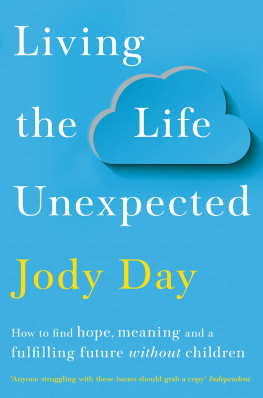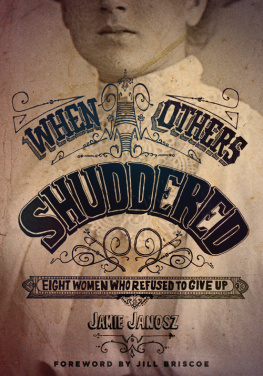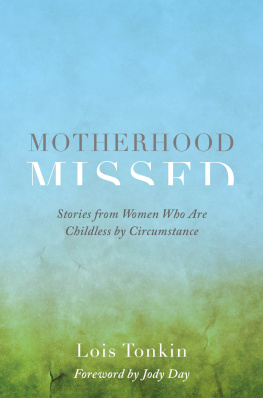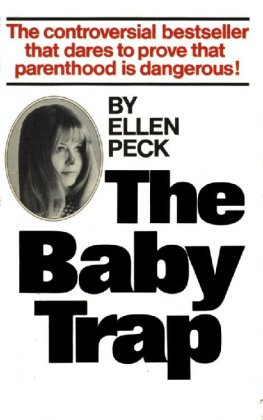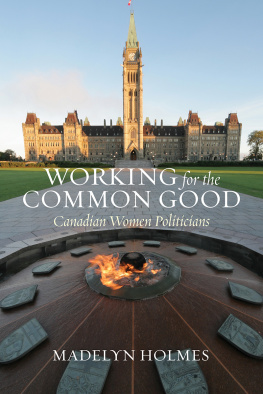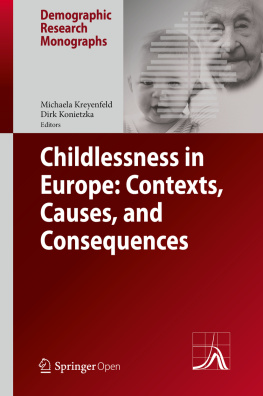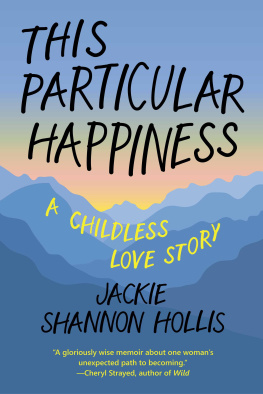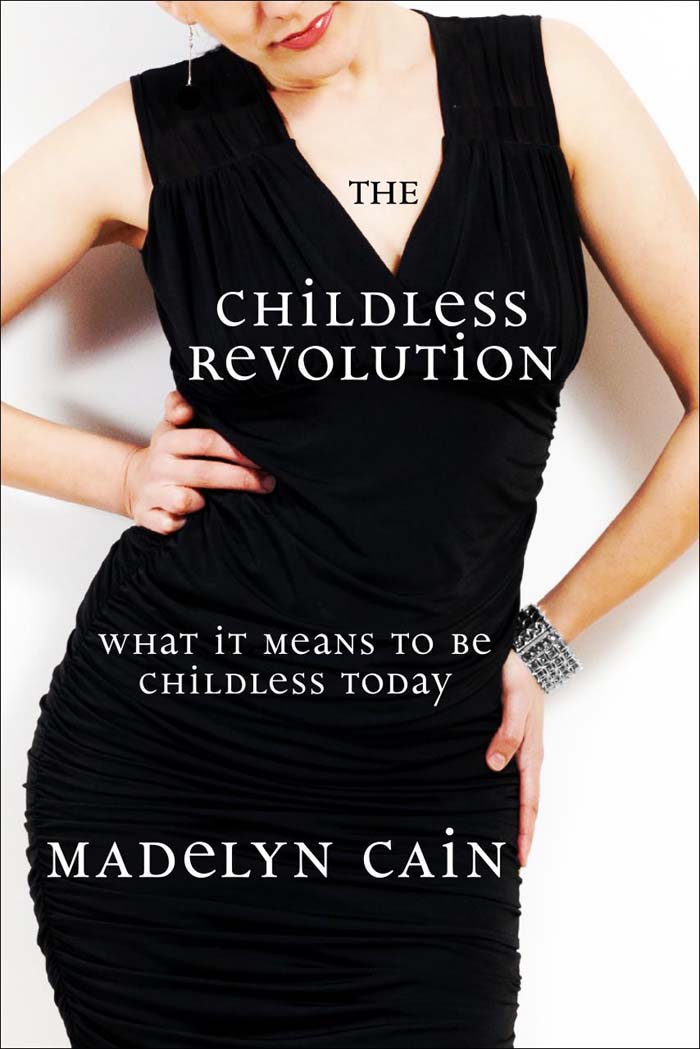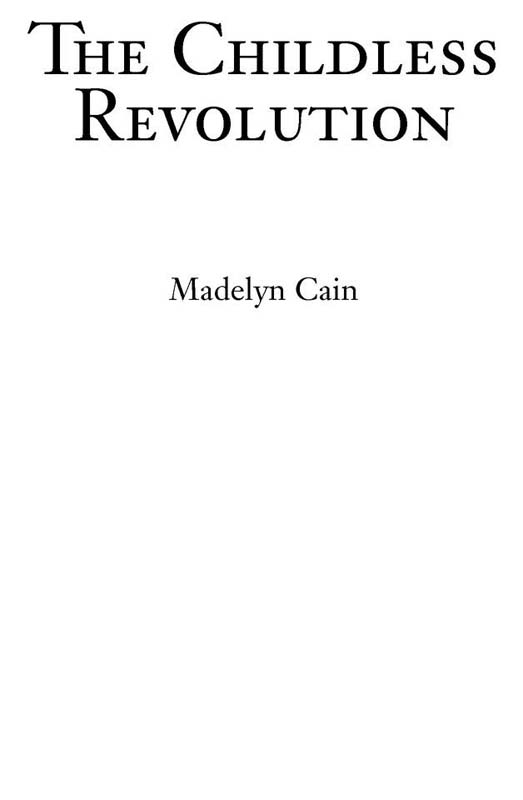Table of Contents
For Paul and Elizabeth,
Heart and Soul
Acknowledgments
Writers do not have the luxury (or punishment) of being locked away while they finish their work. They shop for groceries, get gas, and pick up the dry cleaning like everyone else. During crazed moments when they cannot do these everyday chores, others cover for themand if they are lucky, forgive them for what does not get done. I was lucky. This book would never have been completed were it not for the full support of my husband, Paul, and our daughter, Elizabeth. They alone dealt with the moments when the computer crashed, I ran out of ink, or an interview had not been caught on tape. And those were the good days. They graciously allowed me to take time away from our family and put the energy onto these pages. My gratitude knows no bounds. Nor does my love.
My writing buddies, Lisa Gibson and Abigail Kelly, talented writers themselves, have made this book better not only by their editing skills but, more important, by their insights. Their suggestions proved invaluable.
Two professors from the University of Southern California gave me the courage to go forward. Dr. Gwyneth Erwin taught me how to edit and convinced me this book could be valuable. I have endeavored to make it so. Dr. Noel Riley Fitch, another extraordinary writer, offered the most practical advice at every step along the way. She prodded, pushed, soothed, edited, re-edited, found sources, and generally served as midwife. Without her generosity of time and talent, this book would not be what it is today.
Friends have offered constant support: Barbara, Kelly, Kathleen, Jana, Dan, Thea, Susan, Maggi, and our marvelous book club, thank you. Thanks also to my family: Mom, Mike, Julie, Catherine, and the cousins.
My agent, Denise Marcil, is to be thanked for believing in this project from the moment she saw it among the pile of others on her desk. She improved the book with her suggestions and I am grateful for her faith in it.
Marnie Cochran has been every writers dream. Her enthusiasm and generosity as editor have served not only the book but my spirits as well.
And finally, to the women who opened their hearts and allowed me to interview them, thank you. I hope this book is all that you hoped, wanted, and needed it to be.
Madelyn Cain
Authors Note
About every six months, I have a dream that in essence is always the same: My husband announces to me, in some time frame before our wedding, that he does not wish to marry. The news devastates me. I am too old, I know in the dream, to find anyone else. Therefore, I will never be able to mother. In an instant, I am swirling, acutely aware of all that is lost to me. In the kind of reversal that only happens in a dream, the joys I have experienced mothering my daughter are sucked out of me in a blazing vortex and I keen for that which I cannot recapture and which is now denied me.
When I awaken, there is a moment of confusion when I fear the dream is reality. I quiet myself and listen to hear my husband breathing beside me. I pad down the hall to check on my sleeping child. Eventually, my racing heart slows.
I am not certain what meaning a psychologist might attach to this dream. For me, it is very straightforward. Childlessness was my biggest fear in life, and even now when I daily express gratitude for what I have been granted, I do not really trust it. It seems too good to be true.
Motherhood very nearly eluded me. I did not have my daughter until I was almost forty years old. Although many women now have babies at a much later age, I was nonetheless very close to the end of my so-called biological rope. The years between my twenties and when I finally had my child were permeated with an intense, unrelenting desire to mother. It was the strongest driving force of my life. I was anxious to marry and mother (in that old-fashioned order), but to my dismay the right man did not cross my path until I was thirty-one years old.
At age thirty-three, when we married, I began a round of surgeries and related procedures to ensure a pregnancy. Every month for the next six years, I suffered a staggering disappointment when I once again learned I was not pregnant.
I began to fear that perhaps a child was not in the cards for me and I panicked. Who would I be without a child, I wondered. How would I face the future without this deep need being met? I felt profoundly childless.
At the same time, I was surrounded by many friends who were ambivalent about having children. They drifted into childlessness without so much as a flutter. They had not planned on being childless, yet came to believe it was the right choice for them. Some friends were adamant about not having children. The very thought appalled them. They could not understand my desire and I could not (at the time) relate to their lack of it. They were perfectly content being childless.
A few friends fell in love with men who made it clear they did not want children. (Some of these men had children from previous marriages and were done.) Faced with the choice of marrying a man they loved or gambling on meeting someone else in enough time to possibly have a child, they chose the marriage. Still other friends who had never considered children were suddenly responding to wildly ringing biological clocks. The race to fertility clinics was on! Sad to say, many of my friends were not as fortunate as I. Luck was not on their side, for reasons none of us can understand. They crossed into a world they did not want to be in. They were childless and devastated. And I ached for them.
I could not witness my friends varied experiences and not be affected in some way. I began to bristle when hurtful comments were made about childless women. I knew these women personally. They were not the selfish, child-hating workaholics I saw references to in print, on television, and in movies. I resented the ways in which my friends were being defined. Even the women I knew who actively disliked children and were loath to be mothers were respectful of my choice. So why wasnt the reverse true? Why didnt the world treat them with the same respect?
The answer is complex. As a society, we have relied on a pronatalist (profamily) standard. We have been governed by it for more than 200 years. A review of tax laws makes clear that this is a government-sanctioned philosophy. If politicians are to be believed, this code is the very foundation of our great nation. But like it or not, our foundation is shifting.
For a variety of reasonsgreater education for women, effective birth control, and later marriage among themthere has been a dramatic increase in the number of childless women over the past thirty years. Projected numbers are even more staggering. According to an article in American Demographics, there will be a 44 percent increase in the number of childless couples by the year 2010. Childlessness is about to come bursting out of the closet.
As a society, however, we have not learned how to separate femininity from fertility when we define women. Childlessness confuses us and challenges our set beliefs. Therefore, it remains a prohibited topic. It has been easier (read: more comfortable) to ignore childlessness rather than face it. But the growing number of childless women is making that stance impossible to maintain.


